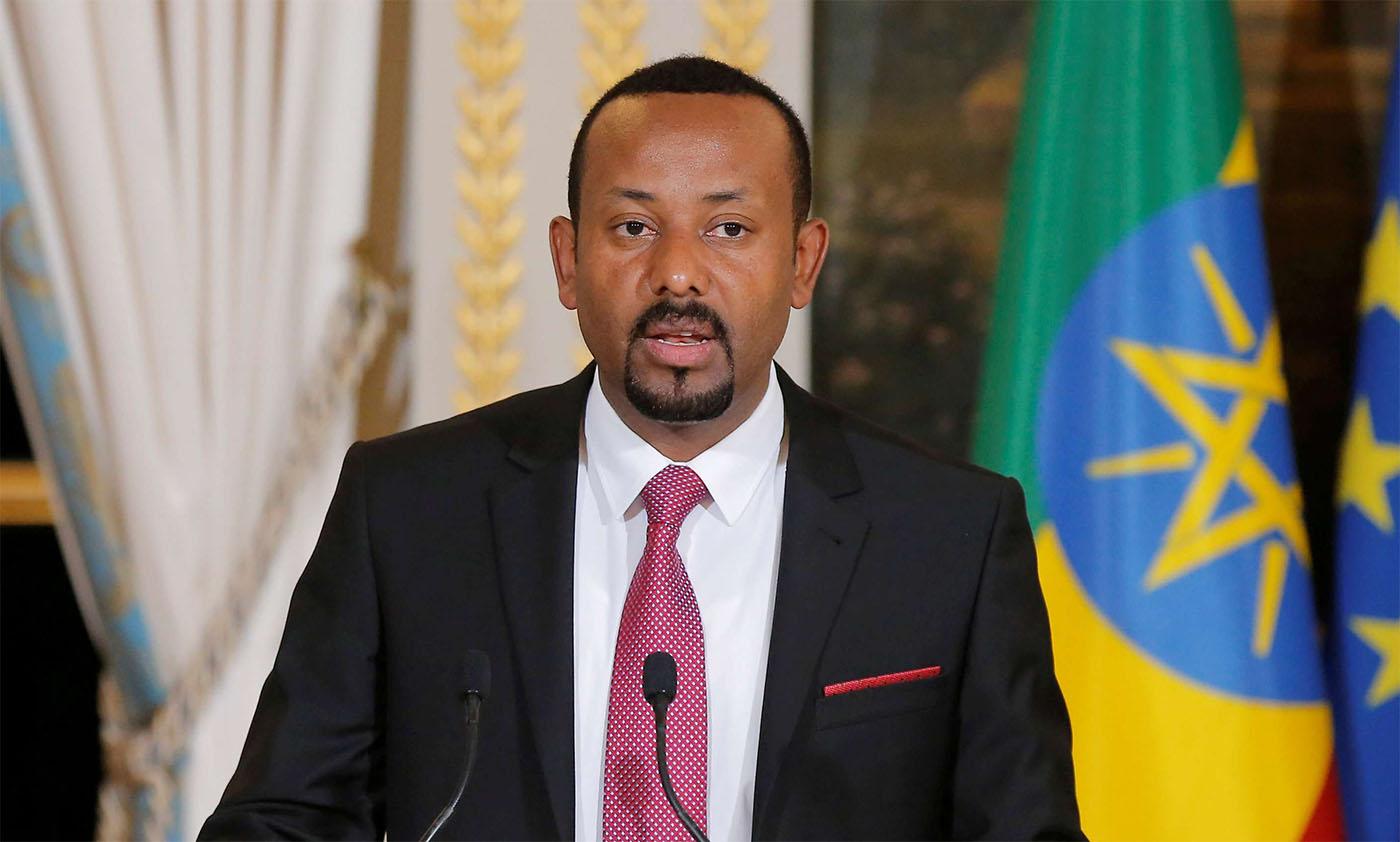Senior Special Assistant to the President on Climate Finance and Stakeholder Engagements, Ibrahim Shelleng, said Africa is well-positioned to tap into the global carbon market.
Shelleng disclosed this during a panel discussion at the inaugural Carbon Markets Africa Summit in Johannesburg, South Africa.
“Article 6, Carbon Markets, presents an opportunity for African countries to shape global carbon markets and pricing frameworks. By drafting domestic carbon market guidelines and regulations that are backed by law, African countries can ensure continuity and increase investor confidence to attract private capital. This also provides equitable benefits sharing mechanisms that ensure that local communities gain, and not just the global buyers,” Shelleng said.
He added that by integrating carbon markets into Nationally Determined Contributions (NDCs) and National Development Plans (NDPs), countries can attract much-needed climate/carbon financing to meet development goals.
His words: “It is important to ensure transparent policy and institutional alignment, robust Measurement, Reporting, Verification (MRV) systems, institutional and human capacity building to ensure that African carbon markets do not end up like other extractive industries that have stripped the continent of resources, without equitable returns.”
He added that Africa has the potential to mobilise over $6 billion in climate finance annually by 2030. This is in addition to potentially creating over 30 million jobs for the teeming youth population.
Meanwhile, the event gathered carbon market investors, developers, and policymakers from across the continent to explore how Africa can leverage the potential of carbon markets for development and decarbonization.
The panellist focused on shaping Africa’s carbon market policies and engaged in a roundtable discussion on ensuring Africa’s full participation in carbon markets, particularly regarding Article 6.
Shelleng, however, outlined ways Africa can tap into the Global Carbon Trade’s strong policy foundations. He said clear regulatory frameworks and institutional capacity are essential for market integrity.
“Local participation and fair benefit-sharing foster trust and sustainability; Private partnerships drive impact: Collaboration among businesses, governments, and communities is crucial for scalable solutions.
“Predictable policy, risk-sharing tools, and transparent reporting are key to attracting serious capital,” Shelleng said.
He therefore called for aligning national strategies with global carbon market rules ahead of COP30.
“Scale up capacity building for governments and project developers, foster regional collaboration and knowledge exchange, champion Africa-led, high-integrity carbon projects that provide real community and climate benefits, leading up to COP30. This summit showcased Africa’s leadership and strengthened regional collaboration in carbon markets,” he said.
Africa well-positioned for share in global carbon trade, says Tinubu’s aide.






